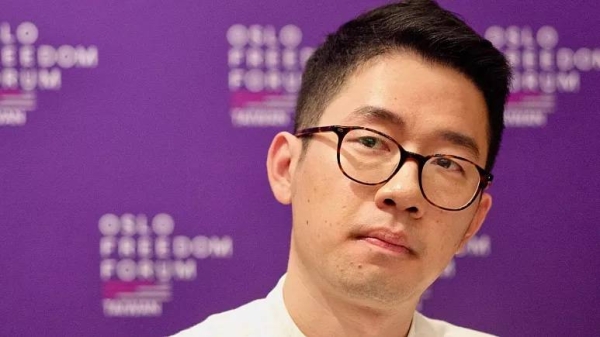
Dominic Raab has accused China of breaching the legal deal over the governance of Hong Kong, amid criticisms of Beijing’s attempts to tighten its control over the territory.
In a major escalation of diplomatic tensions, the foreign secretary said the UK considered China to be in a “state of ongoing non-compliance” with the Sino-British joint declaration as he condemned Beijing’s decision to reduce the role of the public in picking Hong Kong’s leaders. China has instead handed power to a pro-Beijing committee, which will appoint more council members.
Raab said the move was the third breach of the legally binding joint declaration in less than nine months and part of a “pattern designed to harass and stifle all voices critical of China’s policies”.
“Beijing’s decision to impose radical changes to restrict participation in Hong Kong’s electoral system constitutes a further clear breach of the legally binding Sino-British joint declaration,” he said.
“The Chinese authorities’ continued action means I must now report that the UK considers Beijing to be in a state of ongoing non-compliance with the joint declaration – a demonstration of the growing gulf between Beijing’s promises and its actions.
“The UK will continue to stand up for the people of Hong Kong. China must act in accordance with its legal obligations and respect fundamental rights and freedoms in Hong Kong.”
Tensions have been growing since China imposed a new national security law in Hong Kong, making it easier to clamp down on protesters.
The joint declaration was signed by the UK and China in 1984. London has insisted it should protect Hong Kong’s significant autonomy and freedoms.
Raab was backed by foreign ministers from the G7 group of nations. They expressed concerns at the apparent erosion of democratic elements in Hong Kong’s electoral system.
“We also call on China and the Hong Kong authorities to restore confidence in Hong Kong’s political institutions and end the unwarranted oppression of those who promote democratic values and the defence of rights and freedoms,” it stated.
The EU also raised concerns on Friday. Josep Borrell, the EU’s high representative and vice-president, said that China was “consciously dismantling the ‘one country, two systems’ principle in violation of its international commitments and the Hong Kong basic law”. Australia and New Zealand have also raised separate concerns.
The Hong Kong government has said it strongly opposes remarks questioning China’s willingness to uphold the “one country, two systems”, calling it a “groundless accusation”.












